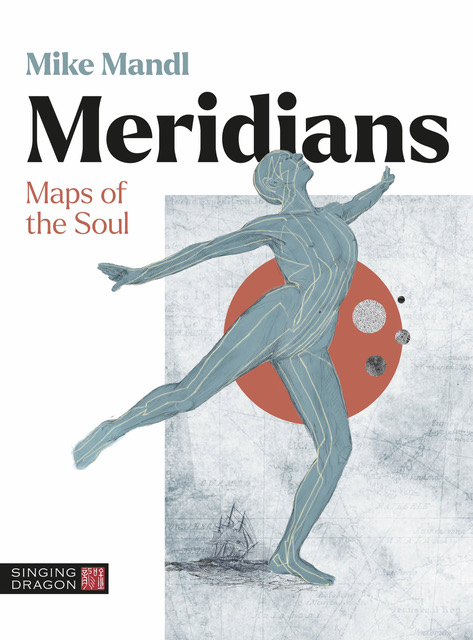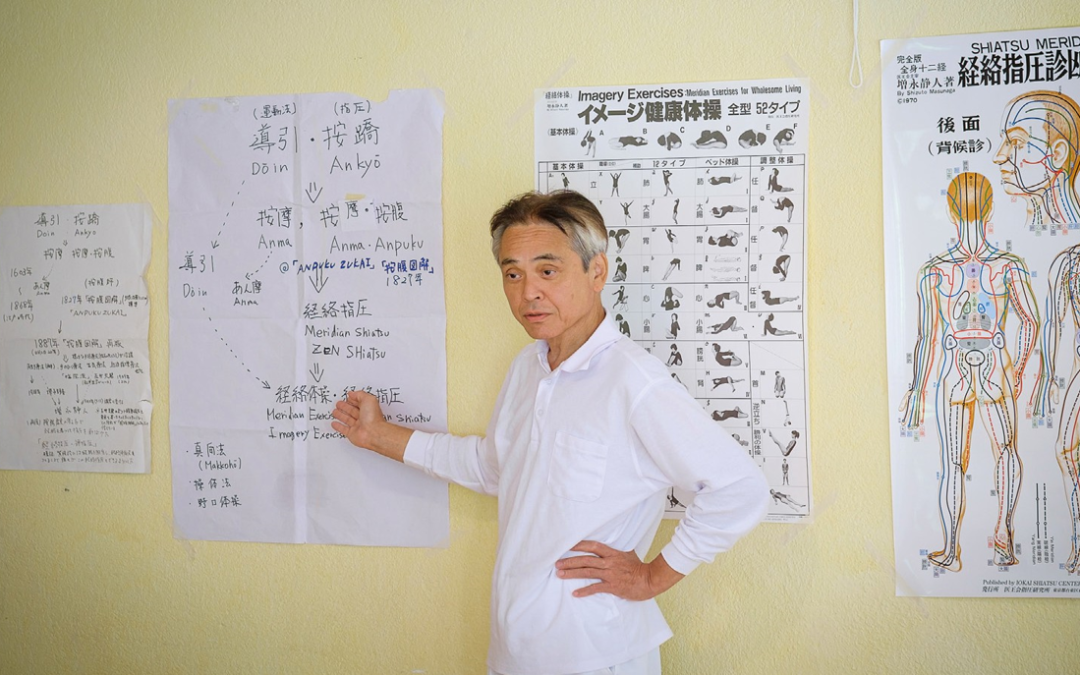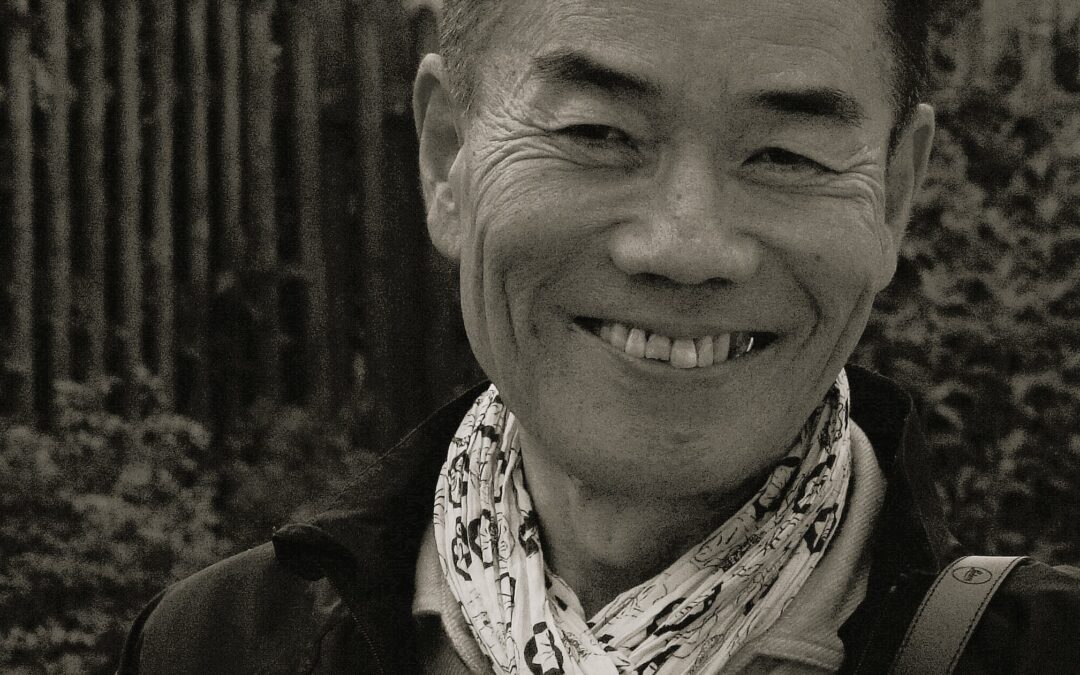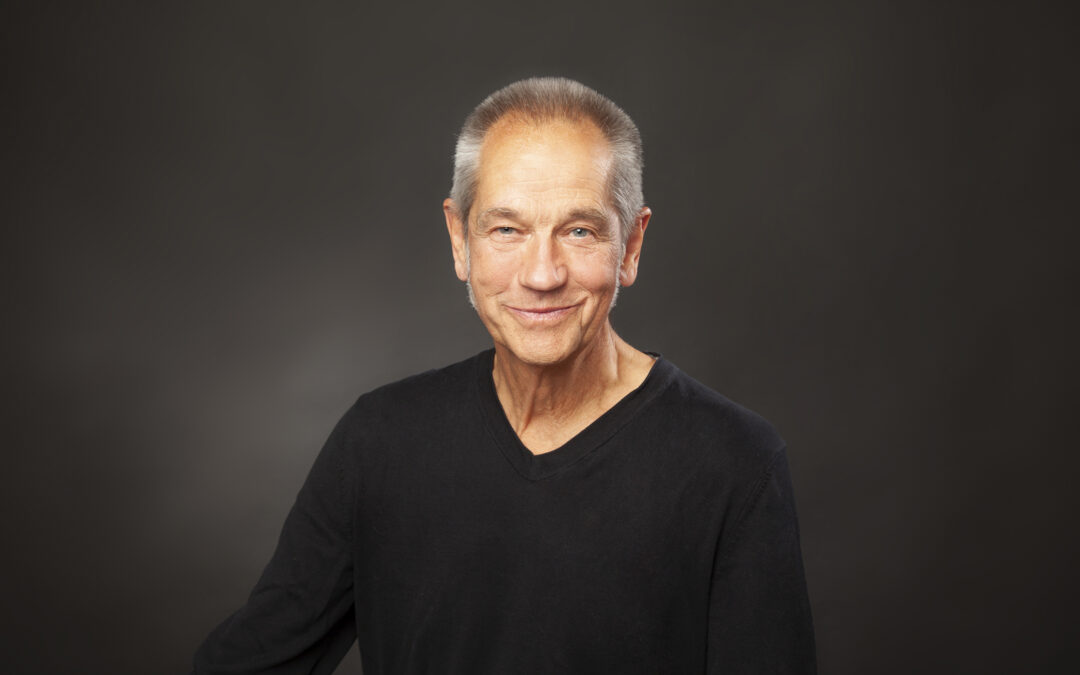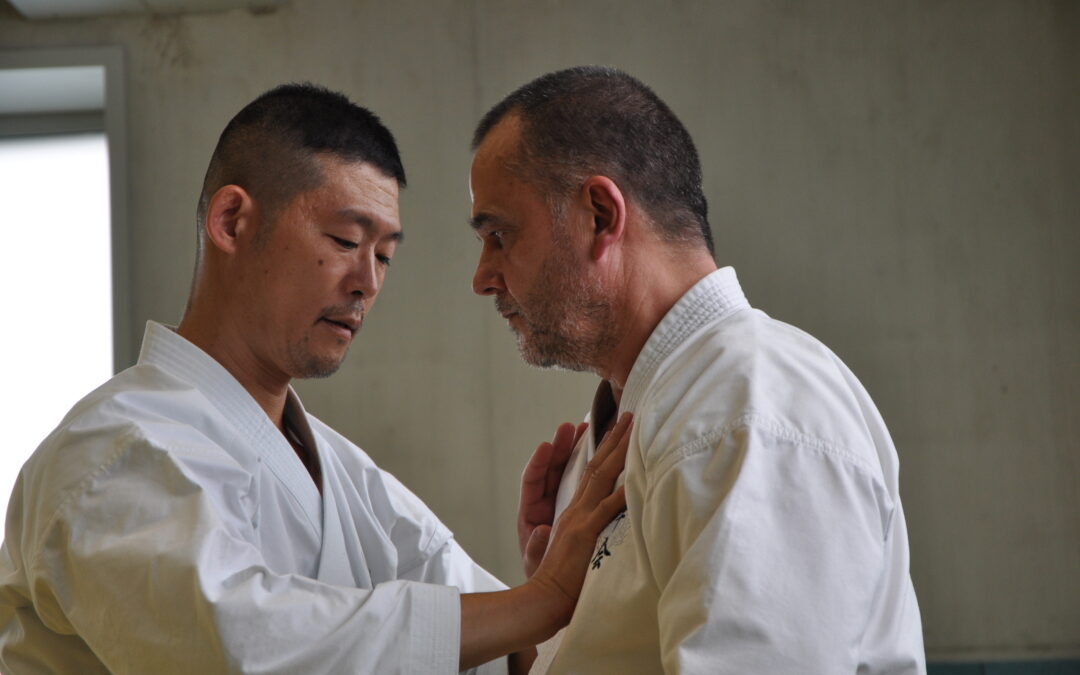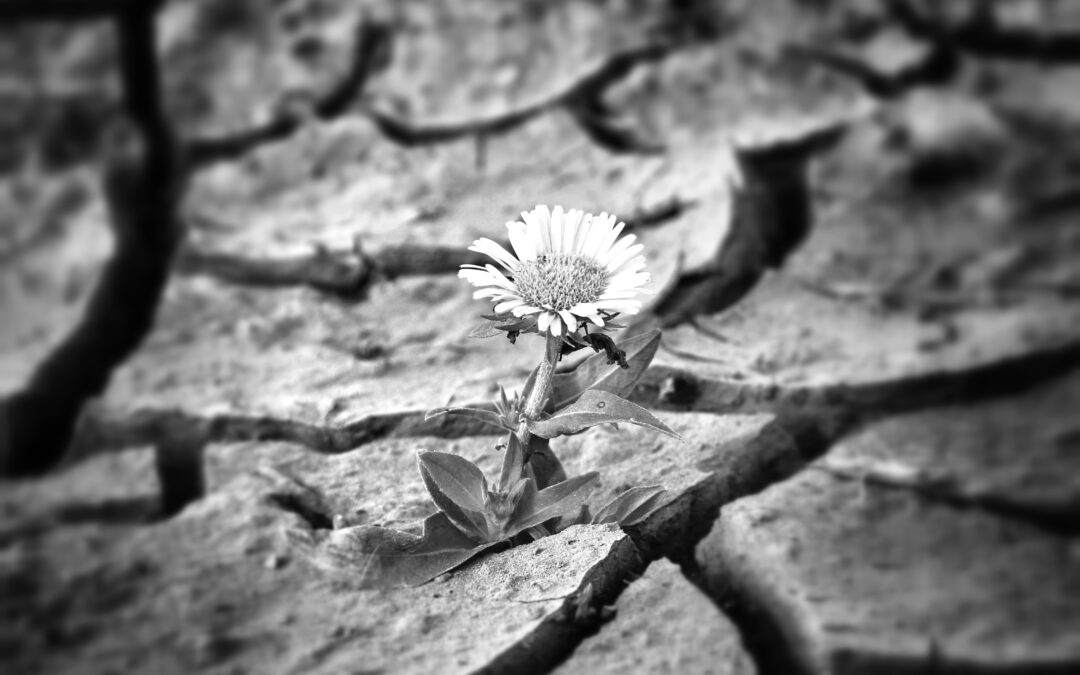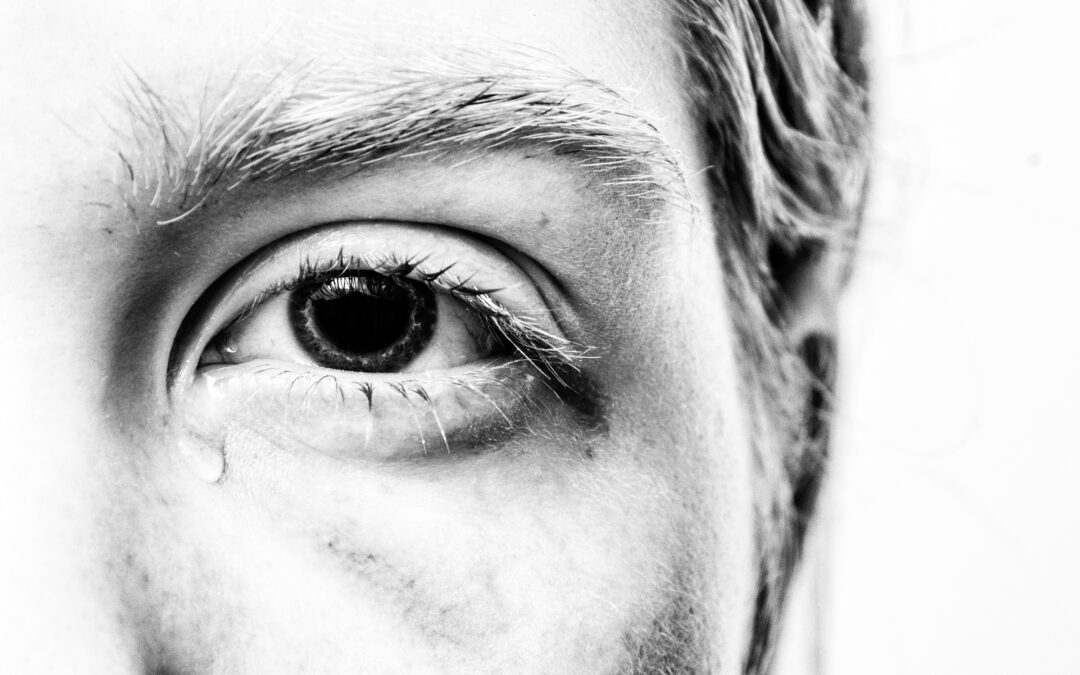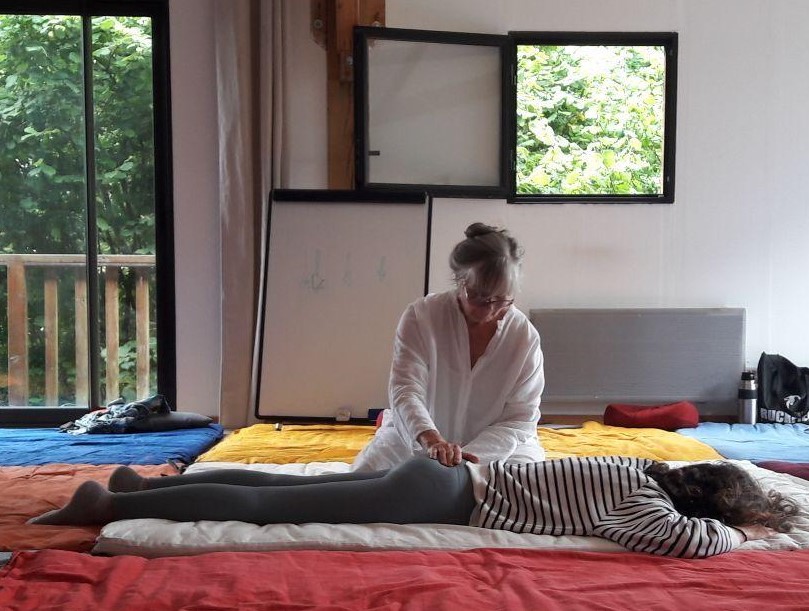Previously published in UKSS Shiatsu magazine. Thanks to Dinah John
As I sit down to write this, a Facebook post pops onto my screen. An article by Mike Mandl has just appeared in a popular German medical journal. ‘Die Milz macht glücklich’, says the headline: ‘the Spleen makes life sweet’. The son of two doctors, one of Mike Mandl’s great talents is communicating the essential ideas of eastern medicine to medical professionals and to the wider public in general.
His first book, ‘I Yin, You Yang’, was a riveting Five Element take on how to manage relationships. It sold 10,000 copies in the original German. This new book, ‘Meridians: Maps of the Soul’, now available in English, is an exciting, accessible introduction for students of Chinese medicine, and a perfect gift for anyone you know who keeps asking you those pesky, hard-to-answer questions about how the profoundly weird and wordless experience of shiatsu can translate into practical wisdom that can help us navigate our way through ‘real life’.
Mandl starts with a metaphor that rolls along through the whole book: imagine the meridians as the spokes of a bicycle wheel. If just one or two spokes are too loose or too tight, the whole wheel wobbles. The more sensitive we are to the wobble, in a seat-of-the-pants sort of way, the better we get at adjusting things before they distort both wheel and frame. So understanding the meridians is about developing this sensitivity and administering fine-tuned tweaks on a regular basis: a sort of ‘Zen and the art of bicycle maintenance’.
But life is not just about rolling along. It’s also about knowing where you’re going, and how to get there. Using Maslow’s ‘Hierarchy of Needs’ as a model most readers will recognize, Mandl compares its different levels, from basic essentials like food, safety and shelter, to social relationships, status and individual empowerment, finally reaching the top of the pyramid with self-actualization. Mandl compares these levels with the three ‘meridian families’, giving a structure to the guided tour he is about to take us on. Meridians are ‘not just energy pathways, or the precise lines of acupuncture’, but ‘energetic code, manifesting the life principle they represent’.
Combining his decades of experience in shiatsu and Chinese medicine with his writer’s ear, Mandl shows again and again how language can give us clear hints (if we care to listen) of the way meridians link body, psyche and soul. And here the ride really begins: plunging into the rapids of word play, puns and everyday expressions, a fast-flowing torrent of idiom and imagery (niftily translated by Johanna Schuster), carries us along unstoppably until we arrive, soaked-through with the metaphors that bring each meridian’s qualities vividly to life. It’s an experience that may leave some people wanting something more evidence-based, (bullet points do come at the end of each chapter), but at the same time, it’s a refreshing complement to the text-book approach, inviting us to sharpen our intuition for what everyday life in a human body is really all about.
Experienced practitioners will find few surprises here in the detailed discussion of each meridian. But they will get two things few other books on the subject offer. The first is the wealth of observation, both witty and poignant. A few examples:
‘A weak stomach meridian,’ he says, ‘can deal with everyday life only in the form of mush, preferably pre-digested by others. There’s no desire to chew, to shred, to process. No desire to form an opinion.’
Or how about a weak Pericardium manifesting as
‘a lofty distance from life…reserved and withdrawn in its palace, it observes from the balcony the pulsating life of the people with slight amazement or wonderment but without wanting or being able to participate’.
And one more, which any parent of teenagers will recognize: describing what Chinese medicine calls the ‘Outer Gate’ role of the Triple Heater in relationships:
‘The triple heater is like the door to the child’s room which suddenly doesn’t’t stay open any more.’
The second thing even experienced practitioners will get from this exuberant guided tour of well-traveled terrain is a challenge: to look in the mirror of the meridians to find your own blind spots, your own loose spokes, especially the ones you have got so used to you hardly notice anymore. As Mandl says, ‘It’s never too late to integrate those life principles that haven’t fully developed yet’. So each chapter opens with a list of questions to help you identify where that clunk in your wheels might be coming from, and ends with some practical suggestions (including shiatsu of course!), to help you through life’s many cycles. In his later years, apparently, Maslow realized that ‘self-actualization’ wasn’t the end of the ride, and added another level to his pyramid: ‘self-transcendence’. In pursuit of that one there will always be another spoke to tweak.
Note
“Meridians: a map of the soul” ; Mike Mandl, translated by Johanna Schuster, Singing Dragon, 2023
Author
- Book: Meridians: Maps of the Soul - 29 June 2023
